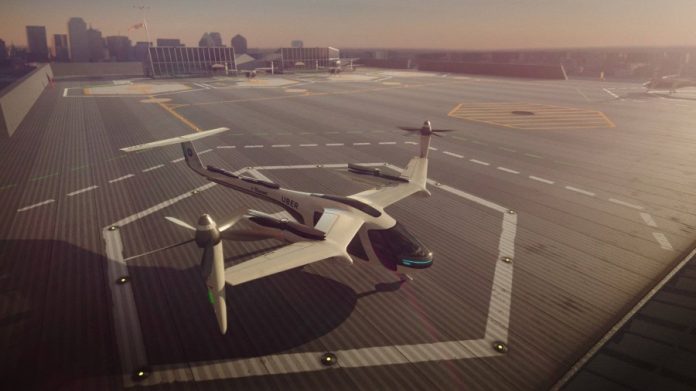In the wake of increased artificial intelligence penetration in various sectors, nations appear to be building more interest in the revolutionary technology.
For instance, Japan has recently made headlines with its endeavor to develop flying vehicles.
The effort involves the enlisting of notable global companies such as Boeing Co. and Uber Technologies Inc. to the government-headed group that aims at bringing airborne cars to the country in the coming decade.
According to a recent statement made by the trade ministry in Tokyo, the Japanese government-led group will involve 21 organizations and enterprises including Yamato Holdings Co., Japan Airlines Co., ANA Holdings Inc., NEC Corp., Cartivator (a Toyota Motor Corp. backed startup), and Airbus SE just to mention a few of them.
In efforts towards bringing airborne cars to life in Japan, delegates are scheduled to convene on August 29, 2018, in a bid to agree on the way forward.
The trade ministry said that the Japanese government would offer the necessary support in an effort to aid in realizing the concept of the flying car, for instance, through the creation of acceptable rules.
Although the idea of flying vehicles with the potential to speed over congested roads sounds like a dream, it may be closer to reality than what most people think.
In fact, startups across the globe are increasingly pursuing small aircraft projects, which until recent times only featured in the science fiction space.
The recent move by the Japanese government acts as a way for the country’s companies to redeem themselves, especially since most of them are still trailing their global counterparts in the development of both self-driving and electric cars.
As such, the government has demonstrated urgency in flying car technology by facilitating infrastructure and legislation to help it in gaining leadership.
Just like aviation, the flying cars technology would require several approvals from various regulators, a process that might take a considerable duration.
What’s more, the approvals would only be granted when the agencies involved in such matters set the safety standards themselves.
Without these, there’s a chance that most commuters would not embrace the technology.
Hiroshige Seko, Japan ’s economy minister, recently told reporters that flying vehicles could help in alleviating urban traffic problems. He also said that it could assist transportation in mountainous areas or islands in times of disasters and may be a valuable asset to the tourism industry.
Uber is set to invest about £20 million or $23 million in the course of the next five years to build flying vehicle services in a Paris-based facility.
The company has set a goal of commencing its air-taxi commercial operations by 2023.
Back in June, California-based startup Kitty Hawk, which is backed and founded by Google’s Larry Page, provided a glimpse of an aircraft prototype, a single-individual recreational car.
Some of the other global entities envisioning such a groundbreaking form of transportation include Chinese car manufacturer Geely Automobile Holdings Ltd., Daimler AG and Volkswagen AG. Nonetheless, Japanese carmakers are yet to unveil their plans to make flying cars.
Source Bloomberg
